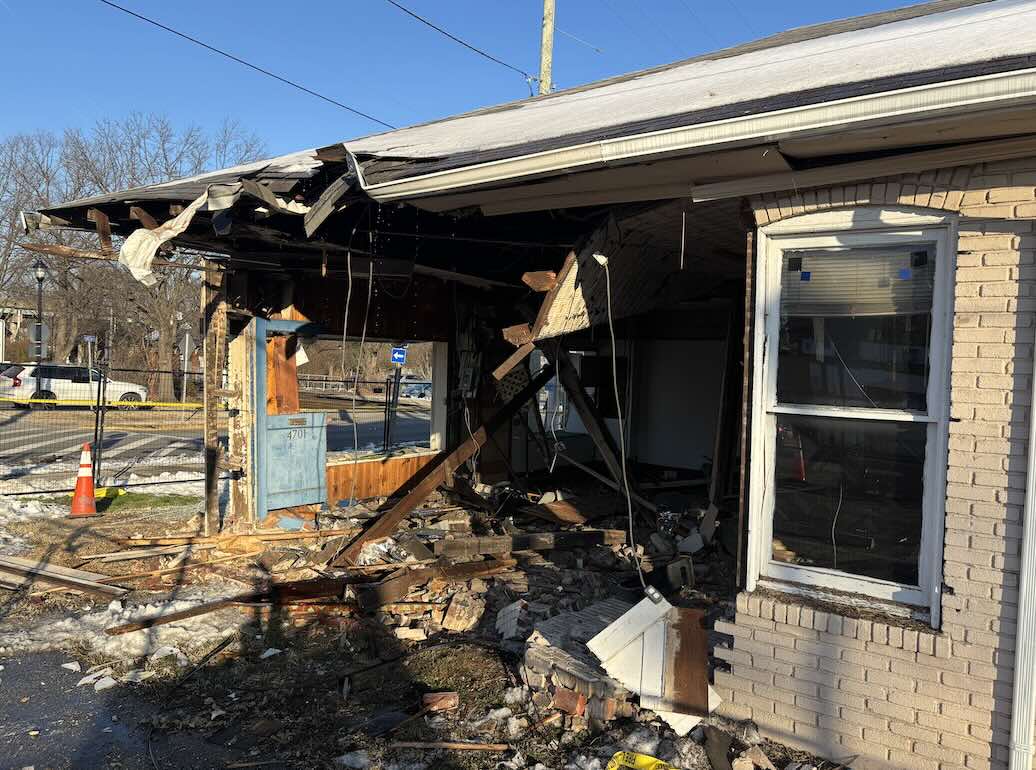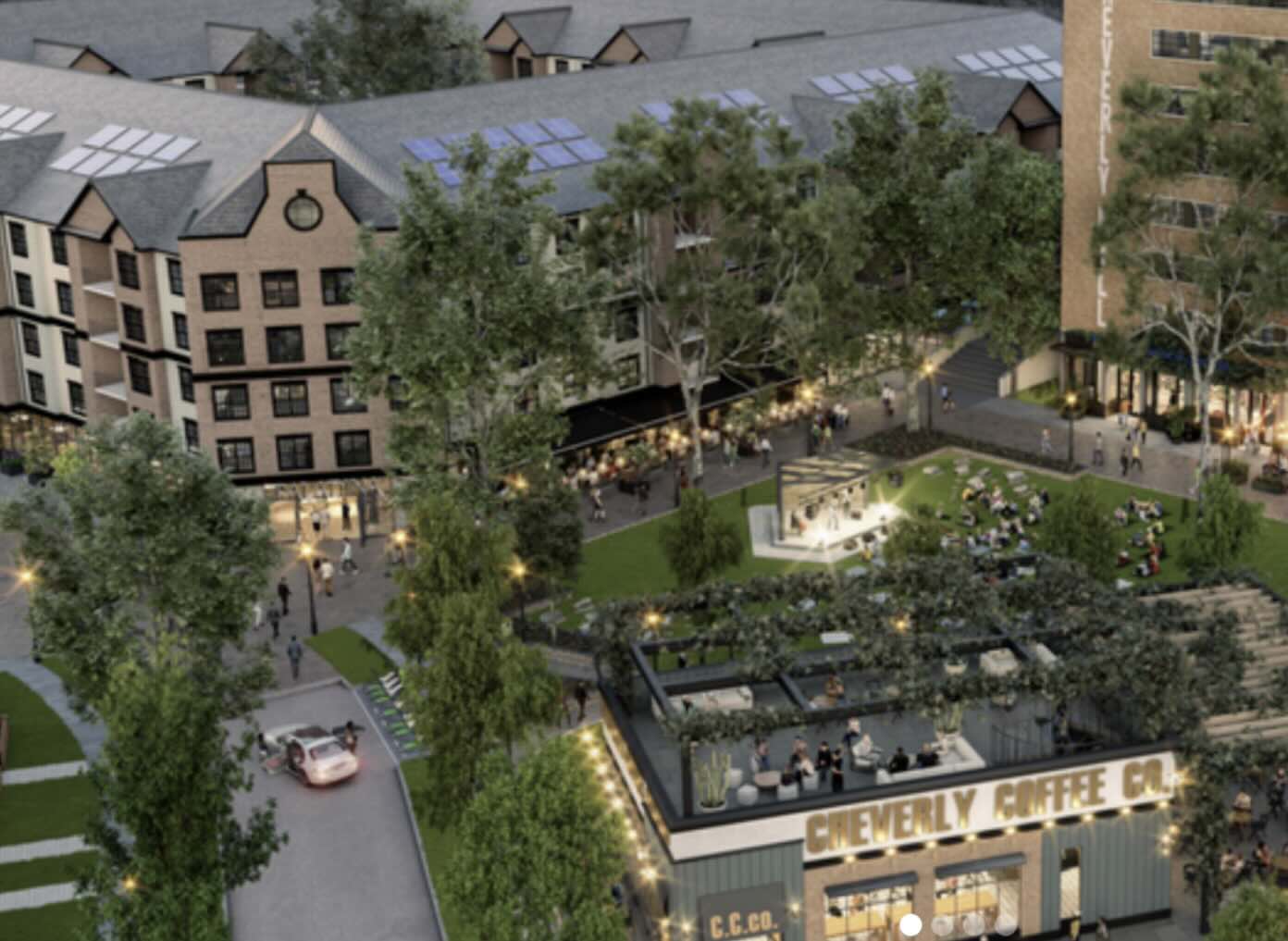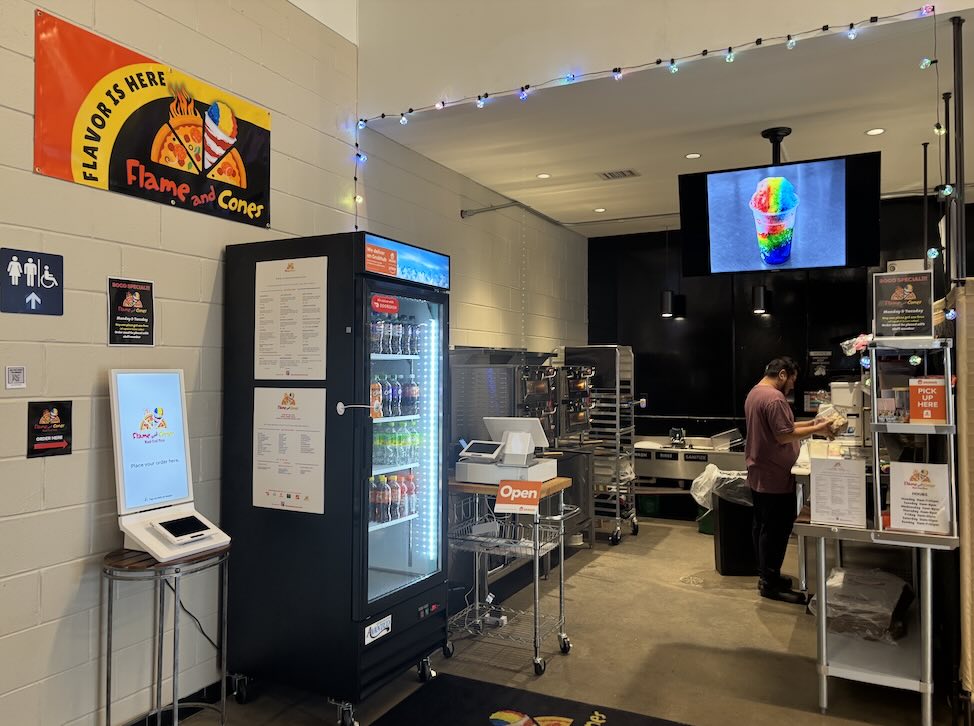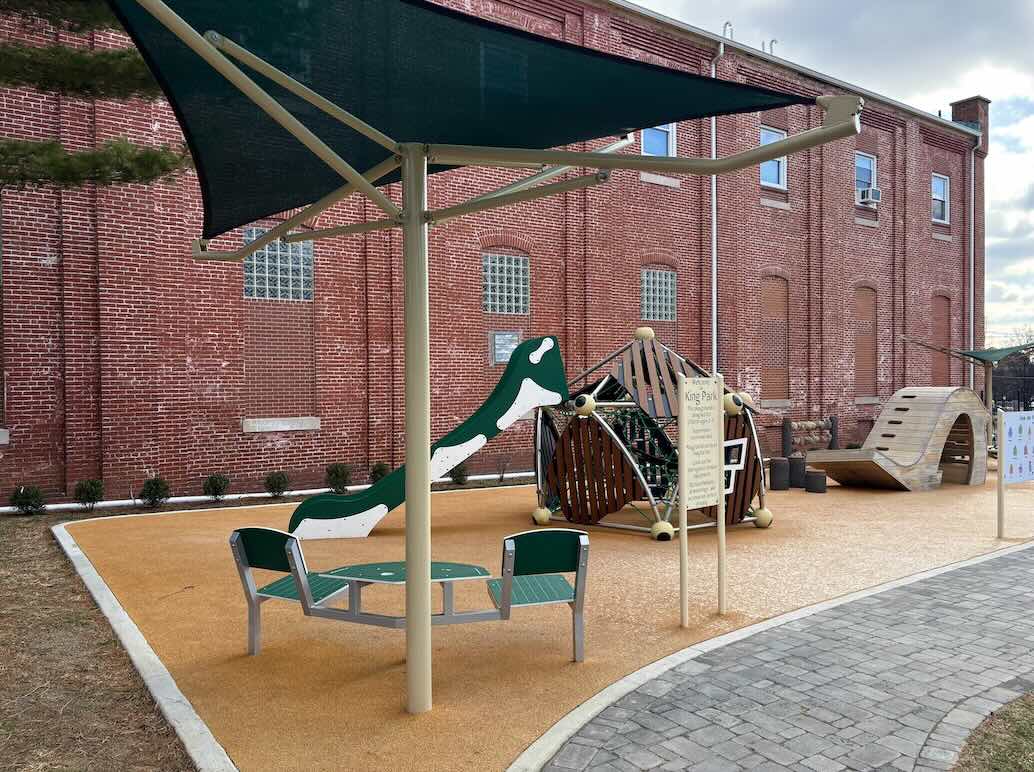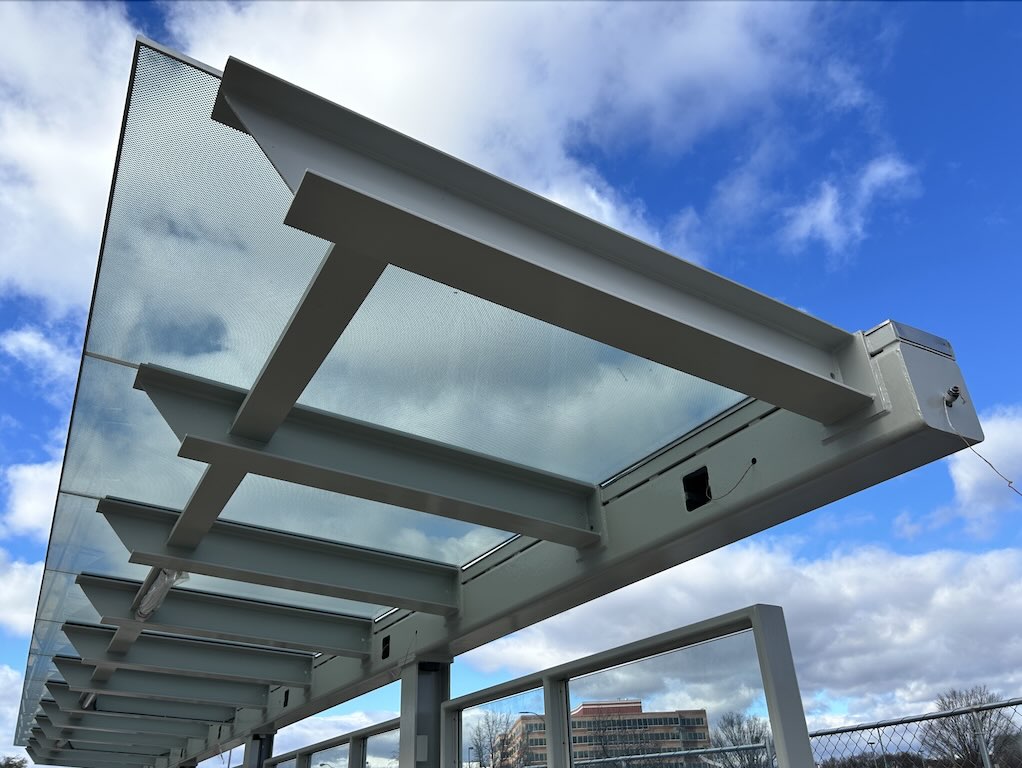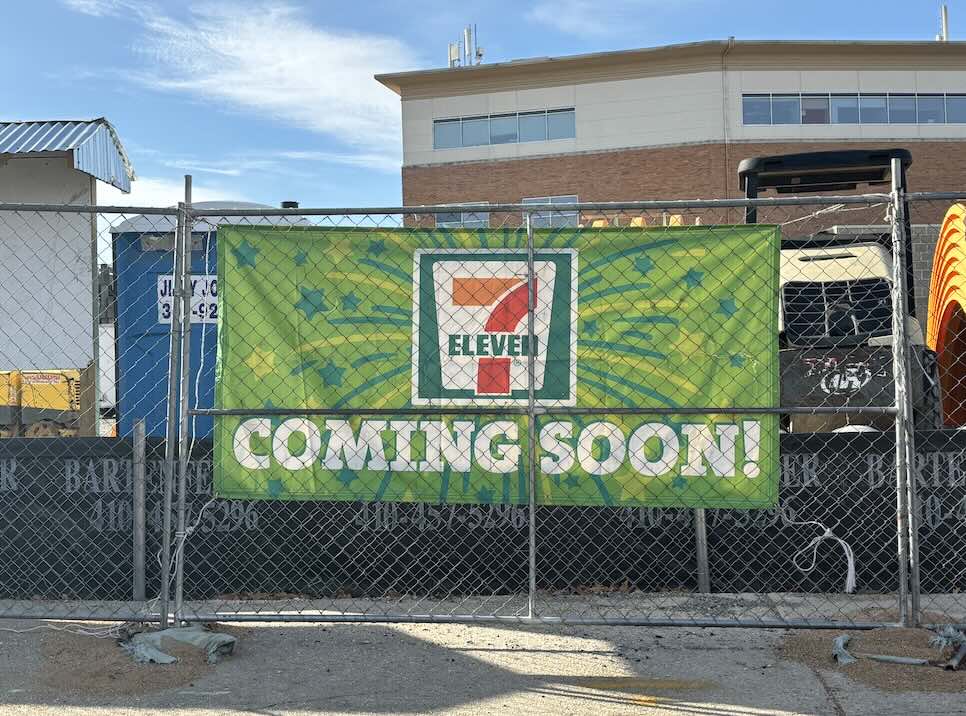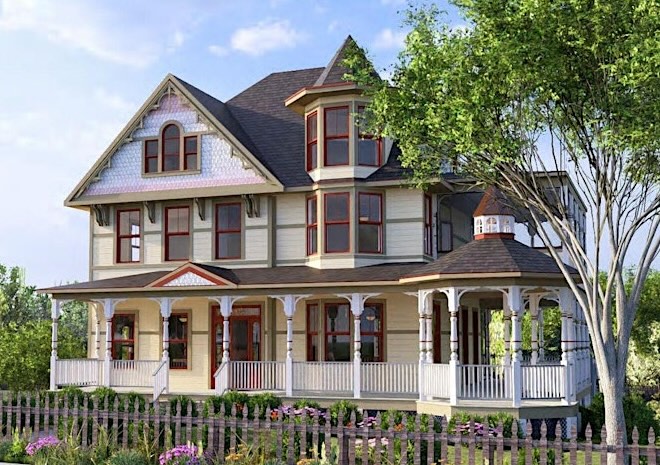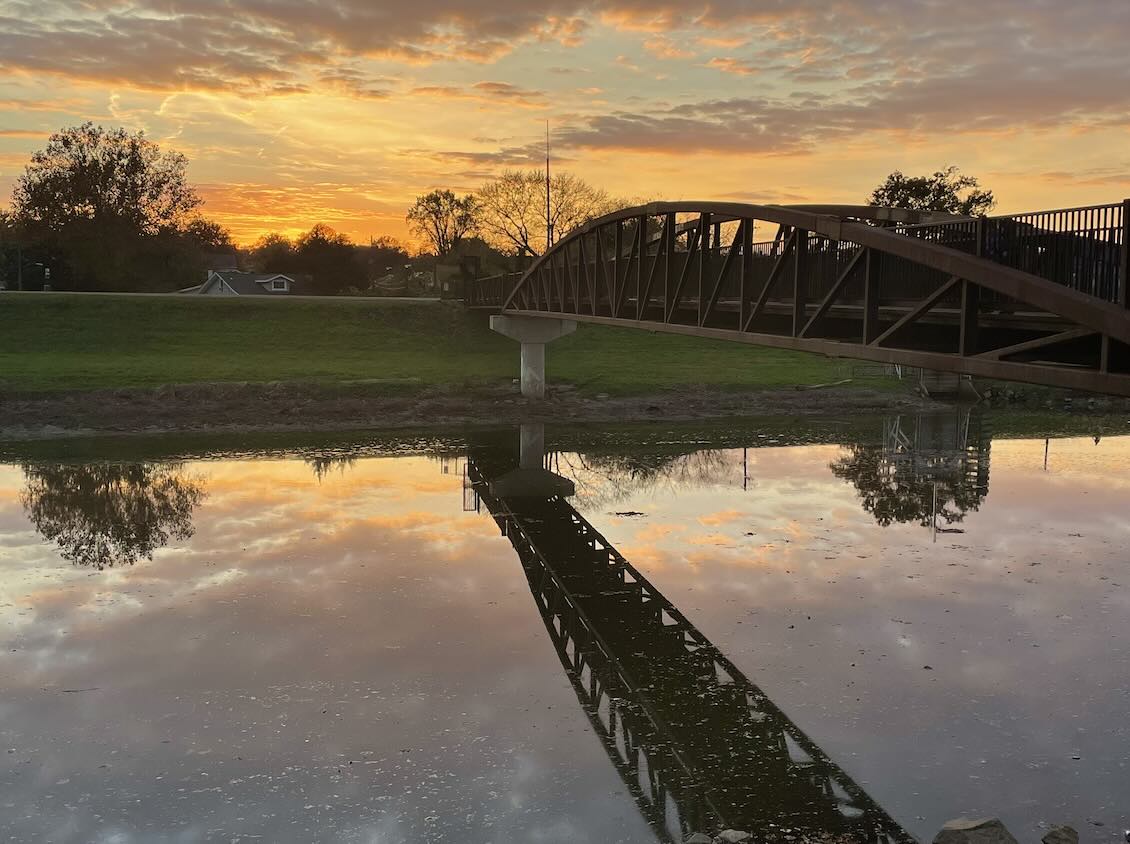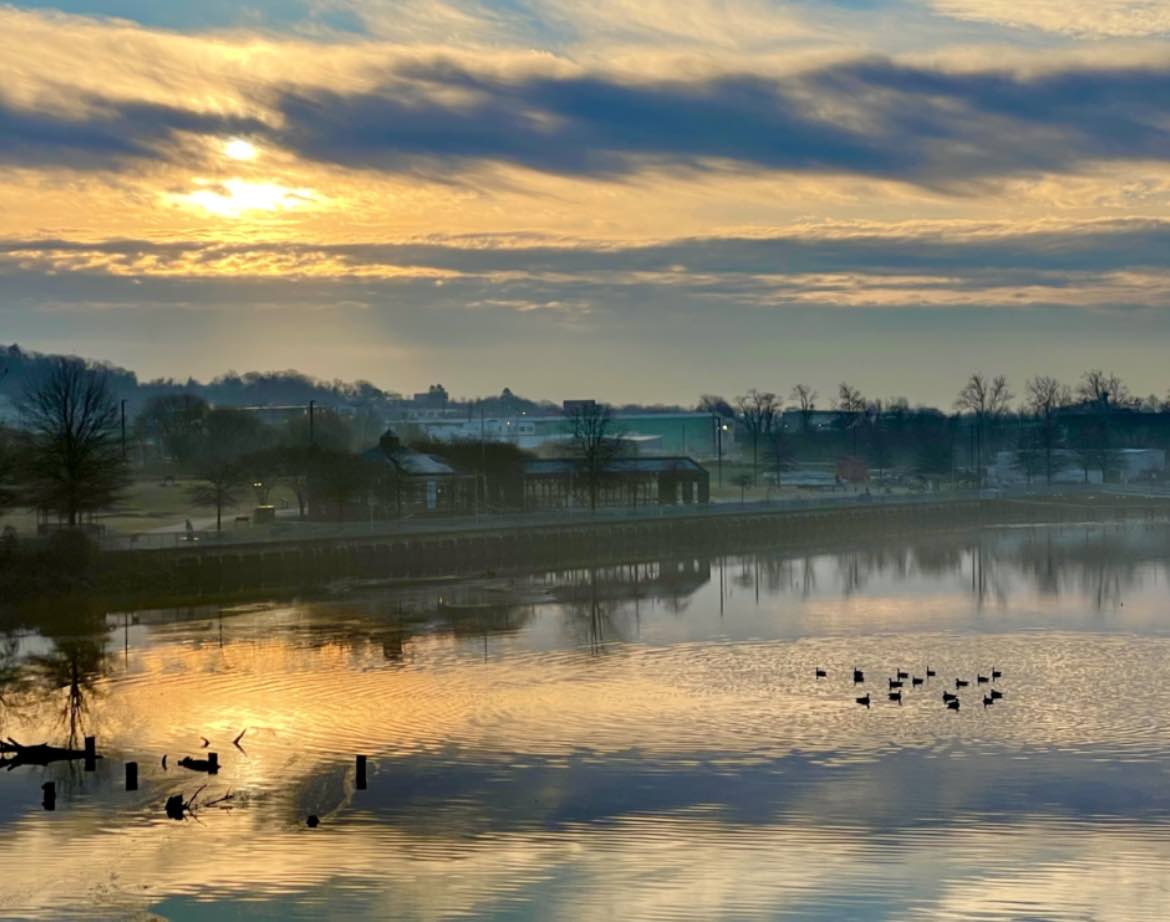
As part of an effort to make the Anacostia River swimmable by 2025, an environmental group on the Route 1 corridor has been helping spread mussels throughout the river.
Since 2015, the Anacostia Watershed Society has been studying the eight types of wild mussel found in the Anacostia, including five that have been tagged as in the greatest need of conservation.
As part of its “Mussel Power” initiative, the nonprofit has also been propagating mussels at several spots along the river, including at Bladensburg Waterfront Park. Volunteers have filled floating baskets with hundreds of juvenile mussels, then releasing them when they are fully grown.
Mussels are important to water quality because they filter out bacteria, algae and pollutants as they take in water to breathe and eat.
They are also an indicator of whether stormwater runoff is being handled well, as mussel beds don’t do well in areas where water rushes in after a storm because of too many paved surfaces.
The Anacostia Watershed Society’s efforts will soon be recognized, as D.C. is planning to turn the upcoming 11th Street Bridge Park into a “mussel beach” playground with replicas of mussel shells and explanatory information about mussel restoration.
Support the Wire and Community Journalism
Make a one-time donation or become a regular supporter here.









